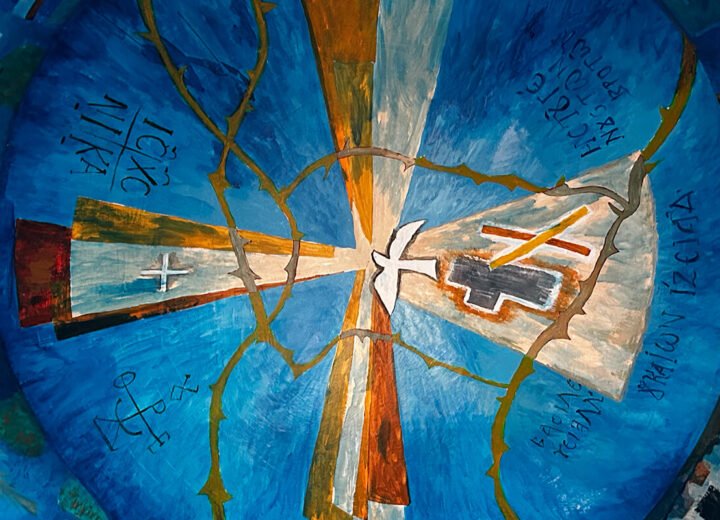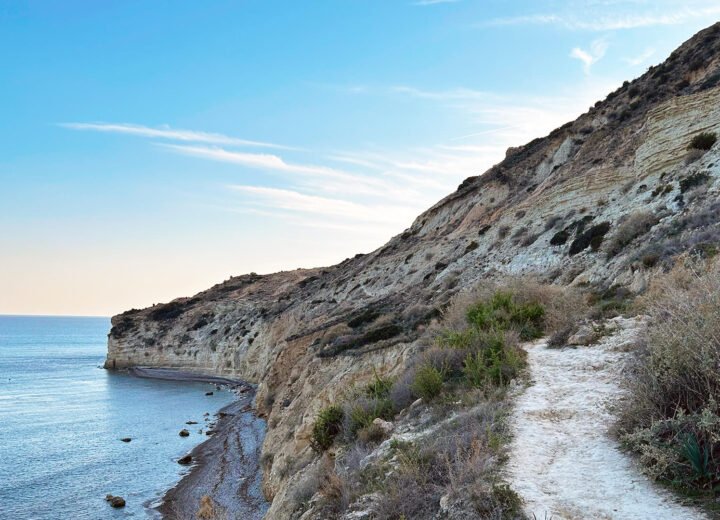
The Rich History & Culture of Cyprus Island
The rich history & culture of Cyprus Island. This enchanting island is not only blessed with stunning natural beauty but also boasts a diverse and captivating past that has shaped its identity. Join us on a journey through time as we delve into the rich history and cultural heritage of Cyprus Island.
The Ancient Beginnings
Archaeological evidence suggests that Cyprus Island has been inhabited since prehistoric times, with settlements dating back to the Neolithic era. The island has been a melting pot of different civilizations, each leaving their mark on its cultural tapestry.
One of the most significant ancient civilizations to have influenced Cyprus was the Mycenaean Greeks. Their arrival in the late Bronze Age brought about a period of prosperity and cultural exchange. The archaeological site of Kourion, with its well-preserved Roman amphitheater and stunning mosaics, offers a glimpse into this ancient world.
The Byzantine Era
The Byzantine Empire played a crucial role in shaping the rich history & culture of Cyprus. During this period, numerous churches and monasteries were built, adorned with intricate frescoes and icons. The UNESCO World Heritage-listed painted churches of Troodos are prime examples of Byzantine artistry, showcasing the island’s religious and artistic legacy.
Another iconic landmark from the Byzantine era is the Kykkos Monastery, nestled amidst the picturesque Troodos Mountains. This revered monastery houses a priceless collection of religious artifacts, including the famous icon of the Virgin Mary, believed to have miraculous powers.
The Lusignan and Venetian Rule
In the 12th century, Cyprus came under the rule of the Lusignan dynasty, followed by the Venetians in the 15th century. This period witnessed the construction of magnificent castles and fortifications, such as the Kyrenia Castle and the Famagusta Walls. These architectural marvels not only served as defensive structures but also as symbols of power and grandeur.
The influence of the Venetians is also evident in the city of Nicosia, where the imposing Venetian Walls still stand tall. Explore the narrow streets of the old town and soak in the atmosphere of a bygone era, where history whispers from every corner.
Ottoman and British Rule
In the 16th century, Cyprus became part of the Ottoman Empire, marking a new chapter in its history. The Ottomans left their mark through the construction of mosques, hammams, and other architectural gems. The Hala Sultan Tekke, located near Larnaca, is a revered Islamic pilgrimage site and a testament to the island’s Ottoman heritage.
During the 20th century, Cyprus came under British administration, which lasted until its independence in 1960. The British influence can be seen in the colonial-era buildings and the legacy of the English language.
A Living Heritage
Today, Cyprus Island proudly celebrates its rich history and cultural heritage. Festivals and events throughout the year showcase traditional music, dance, and cuisine, allowing visitors to immerse themselves in the island’s vibrant culture.
Exploring the archaeological sites, wandering through the ancient streets, and experiencing the warmth of Cypriot hospitality all contribute to a deeper understanding of the island’s heritage. From the mythical birthplace of Aphrodite to the remnants of ancient civilizations, Cyprus Island offers a captivating journey through time.
So, whether you are a history enthusiast, a culture lover, or simply seeking a unique travel experience, the rich history & culture of Cyprus Island is sure to leave an indelible mark on your heart and mind.




